CITY OF REMEMBERING


CITY OF

REMEMBERING
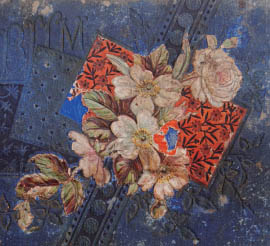
A HISTORY OF GENEALOGY IN NEW ORLEANS
SUSAN TUCKER

www.upress.state.ms.us
The University Press of Mississippi is a member of the Association of American University Presses.
Title page: Book cover, Joseph Bryan commonplace book and genealogical notes, Bryan Family Papers, Mss 1 8408a. Courtesy of the Virginia Historical Society, Richmond.
Portions of appeared in an earlier publication, Tacitly the Work of Women: Personal Archives and the Public Memory of Families, in Womens Archives Reader, edited by Tanya Zanish-Belcher (Chicago: Society of American Archivists, 2013).
Copyright 2016 by University Press of Mississippi
All rights reserved
Manufactured in Singapore
First printing 2016

Library of Congress Cataloging-in-Publication Data
Names: Tucker, Susan, 1950 author.
Title: City of remembering : a history of genealogy in New Orleans / Susan Tucker.
Description: Jackson : University Press of Mississippi, 2016. | Includes bibliographical references and index.
Identifiers: LCCN 2015034527 | ISBN 9781496806215 (cloth : alk. paper) | ISBN 9781496806222 (ebook)
Subjects: LCSH: New Orleans (La.)Genealogy.
Classification: LCC F379.N557 T83 2016 | DDC 976.3/35dc23
LC record available at http://lccn.loc.gov/2015034527
British Library Cataloging-in-Publication Data available
To Winston De Ville
CONTENTS
ACKNOWLEDGMENTS
This book is a beginning step. Not much work has been done on the history of genealogy, especially its varying local histories. For this reason, I feel particular gratitude that I was able to begin to study the work on the practices of New Orleans genealogists. I could never have done so without the help of genealogists themselves. My most profound gratitude goes to those family historians who have spoken to me over the past ten years. I thank you all. Many of you are cited by name in the work that follows; many others did not wish to be listed by name. I will always appreciate your generosity, passion, and sincerity. I will always be grateful for the time you spent with me.
I thank also the dedicated and congenial New Orleans community of archivists, librarians, and museum staff who have helped me learn more about the records used by family historians: Chris Harter at the Amistad Research Center; Lee Leumas and Dorenda Dupont at the Archives of the Archdiocese of New Orleans; Alfred Lemmon at the Historic New Orleans Collection; Greg Lambousy, Sarah-Elizabeth Gundlach, Anna Gospodinovich, Erin Roussel, and Michael Leathem at the Louisiana State Museum; Jessica Strawn and Sally Reeves at the Notarial Archives; Sean Benjamin and Samantha Bruner at the Louisiana Research Center, Tulane; Florence Jumonville at the University of New Orleans; Irene Wainwright and Yvonne Loiselle at the Louisiana Division of the New Orleans Public Library; and Chloe Raub from the Newcomb Archives. You all make me cognizant of the good fortune we have to work together with the history of the place in which we live. Thank you especially to Yvonne Loiselle and Dorenda Dupont, who went beyond what I expected to help me learn more about records. In the archival community, I also thank Beth Yakel for her eloquent scholarship.
Farther afield, I thank Tim Salls of the New England Historic Genealogical Society; Jaclyn Penny of the American Antiquarian Society; Matthew Rutherford of the Newberry Library; Jamison Davis and John McClure from the Virginia Historical Society; James Sweany and Anne Toohey of the Library of Congress; Judy Bolton and Tara Zachary Laver of Hill Memorial at LSU; Sharalyn Howcroft of the LDS Church History Library; and Eric Grundset and Anne Ruta of the National Society Daughters of the American Revolution.
My first inkling for this type of study began in 2002 in Lund, Sweden, where I was part of the Committee on Outreach and User Services of the International Council on Archives. For participation in my early thinking, I thank Christer Bogefeldt, Antonio Lechasseur, Daniela Ferrari, Olga Muzychuk, and Coleman Chua. Antonio, especially, has been a consistent presence in my professional life, even from afar, building as he was then the National Library and Archives of Canadas Genealogy Centre. A research fellowship grant in 2003 and 2004 from the National Historical Publications and Records Commission (NHPRC) allowed me to develop other beginning work on perceptions of archivists on the work of genealogy, and I am grateful for that opportunity. In 2005, the flood that followed Hurricane Katrina brought a three-week stay at the Newberry Library in Chicago, for which I am appreciative, especially since I had then spent months moving materials out of a damaged building and thinking a great deal about family history in a less welcoming way. After hurricane recovery, Tulane University offered me a research enhancement grant in the winter of 2007. I am grateful to the university for this grant, which made it possible for me to conduct related work on this project, especially on the private archives of Mary Anne de Boisblanc and Carolyn Ivy Shimek. I am also grateful to Sally Kenney and my other colleagues at the Newcomb College Institute for allowing me a sabbatical year in 20102011 to work on this and other projects. I also thank the Interlibrary Loan Department at Howard-Tilton Memorial Library, especially Patricia Windham and Hayden Battle for their amazing efforts in amassing so many different sources on family history.
Looking to France, I thank Franois Weil for his question about the characteristics of New Orleans genealogy that were different from those elsewhere. Looking to the Netherlands, I thank Selma Leydesdorff for her questions about women and memory, Jos van Dijck for her questions about religion and family history, Rob Kroes for his questions about gender and the place of men in family photographs, and most of all, Eric Ketelaar. Without Erics scholarship and his collegiality, none of this work would have been accomplished.
A visit to Salt Lake City in 2011 made for a special inquiry into the history of family history. For that time of learning, I thank Russ Lynch, Wayne Morris, Larry Telford, and Kahlile Mehr.
I thank others who also asked very good questions about my work. Francesca Morgan is a reader beyond parallel whose own work on the history of genealogy I have long admired. Sally Reeves knows more than almost anyone about the records of New Orleans. Thank you again, Sally, for the generosity of time in reading drafts of this work. Your example too has been important to the whole of my professional life. Greg Lambousy is another colleague to thank doubly since his knowledge of the city and its collections contributed to this book, and to my happiness, as well.
I thank as well yet other helpers: Elizabeth Shown Mills for questions answered; Winston De Ville for an overview of the whole of the project; Mary Allen Johnson and Susan Johnson for their skills with footnotes and proofreading; Harriet Swift and Alisa Plant for early comments on writing; Bea Calvert for conversations on DNA; Yuka Petz for photographs and help with images and digital problems; Jan Gilbert and Kevin McCaffrey for insights into art; Anne Atkinson and Mary Ann and John Travis for last-minute reading of chapters; Beth Willinger for being always generous and supportive; and Wendy Wolf and Hugh Van Dusen for such a long and good friendship that started around books.
Next page

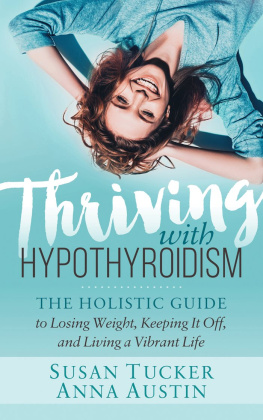
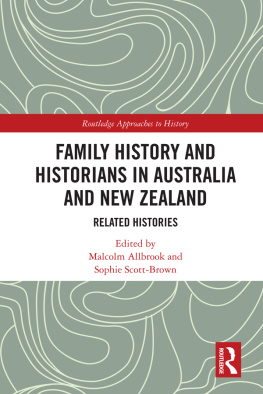
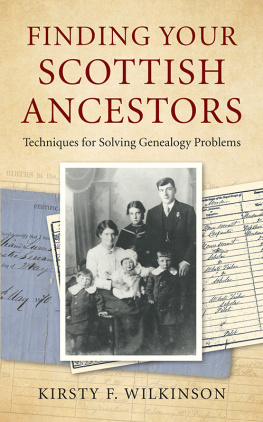
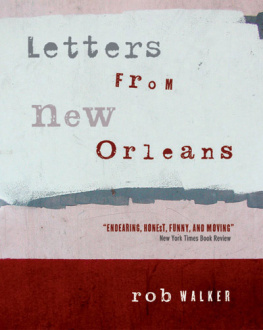
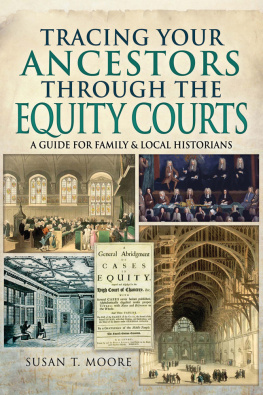
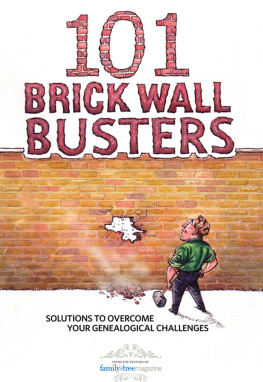
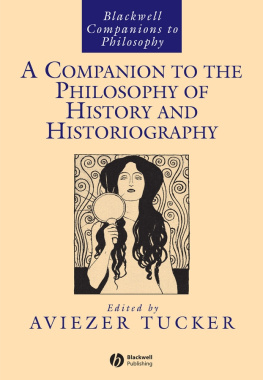
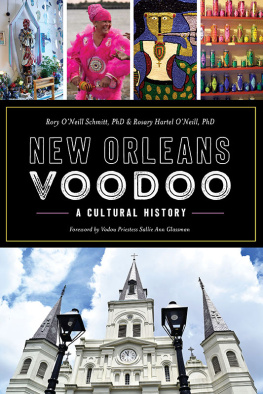
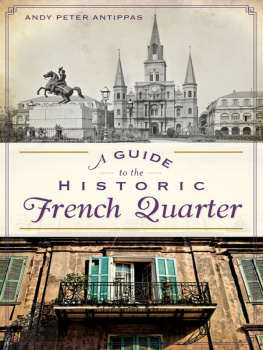
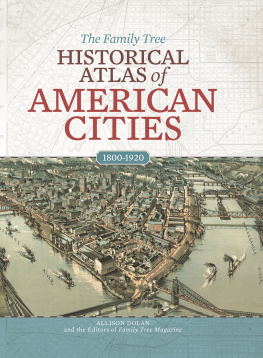
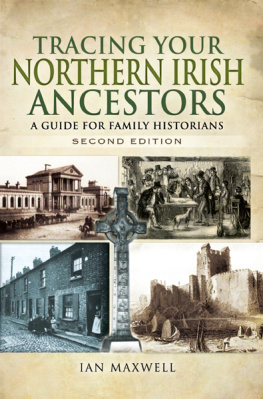
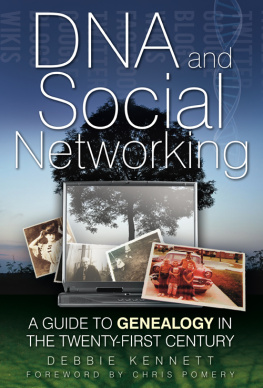

 CITY OF
CITY OF 


